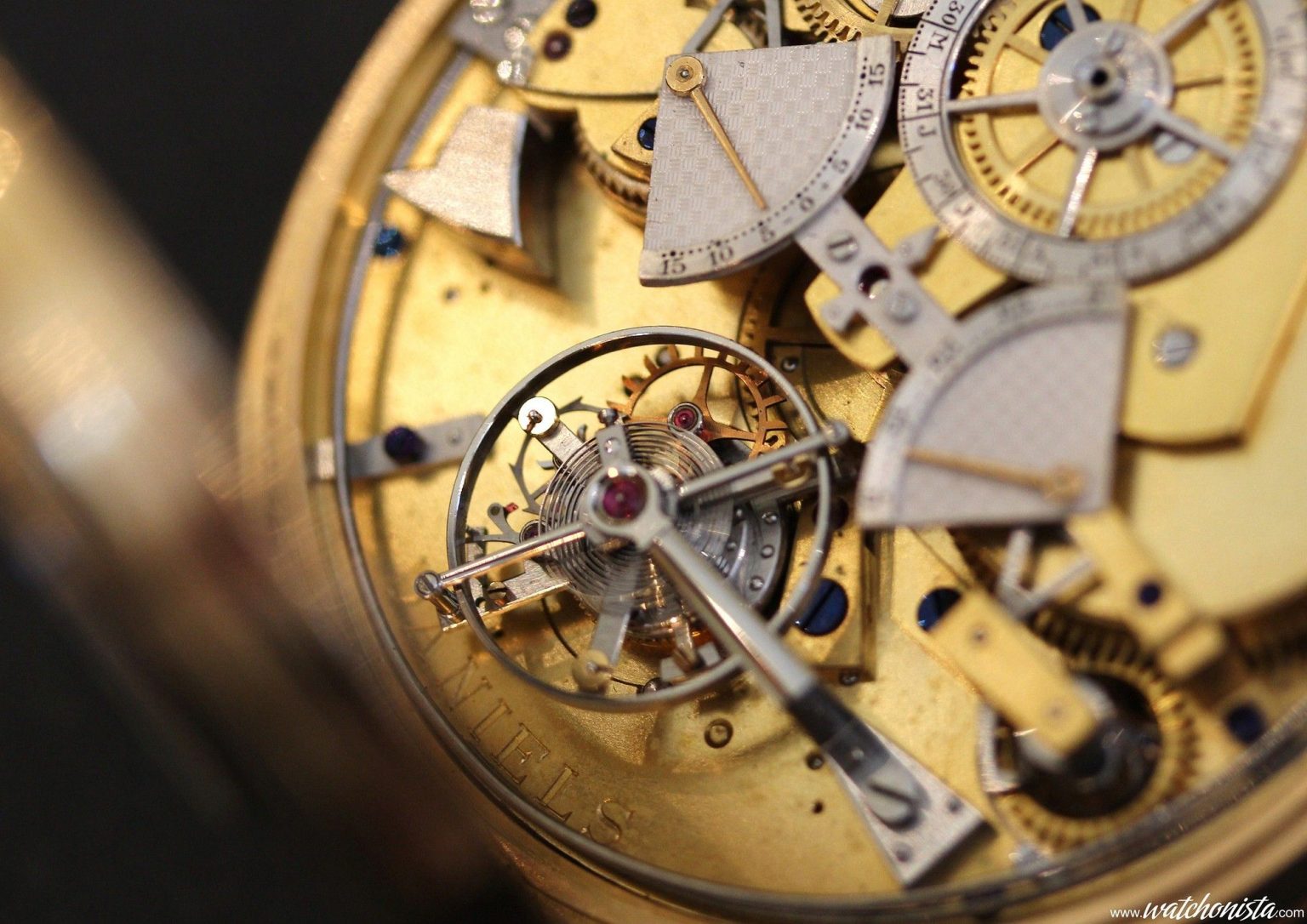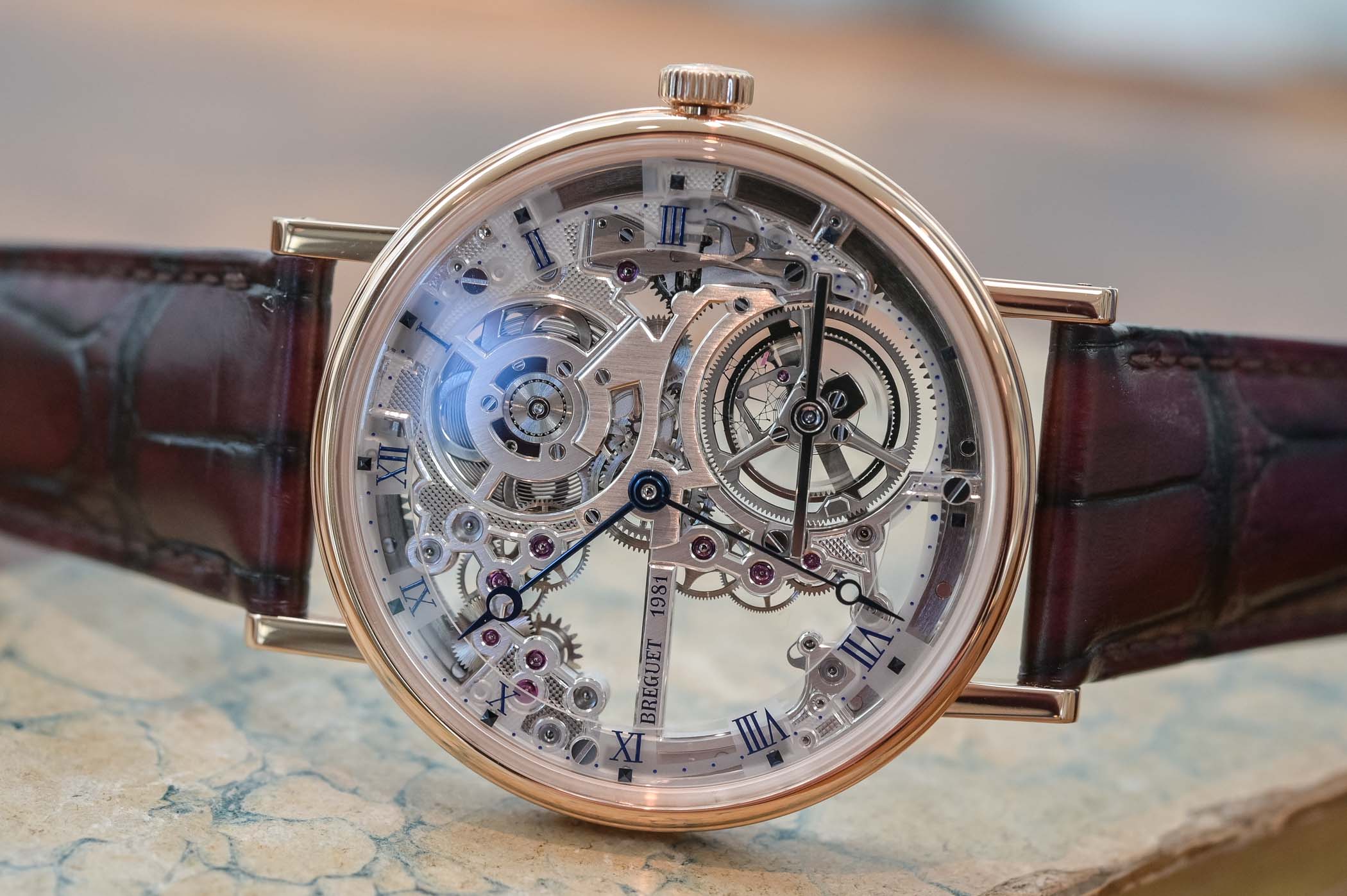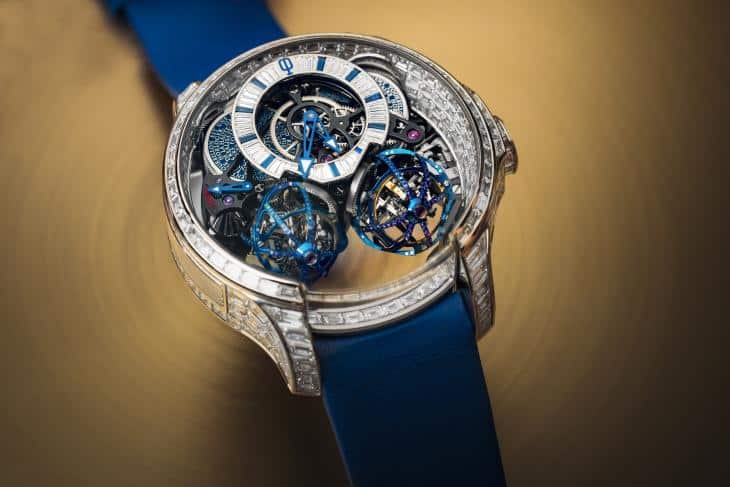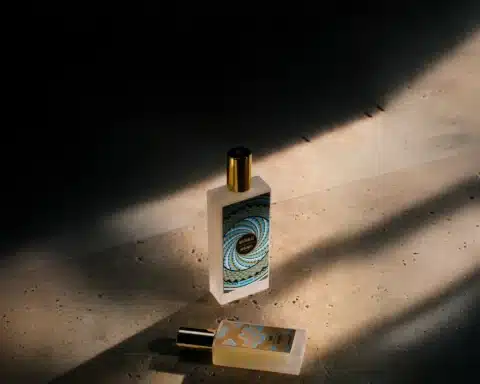The watchmaking complication of the tourbillon, also known as the rotating cage, has fascinated luxury watchmaking for nearly 220 years and is now considered a watchmaking tradition. Focus on the ingredients that have made the success of this device, and its evolution.
The tourbillon was invented in 1801 by the French watchmaker Abraham-Louis Breguet, a watchmaker for French royalty who founded the House of Breguet in 1775. The company was a great success and attracted the most illustrious French personalities, including Louis XVI, Marie-Antoinette, the Duke of Orleans, Napoleon, Queen Victoria, and Winston Churchill.
The watchmaking complication of the tourbillon came into being as Abraham-Louis Breguet sought to perfect his watches and in particular to solve the problem of the earth’s gravity on watch movements. Thus, the tourbillon makes it possible to delay or accelerate the dis-equilibrium effect that affects the movement of watches. The device acts in such a way as to compensate for the differences induced by gravity with the changes in wrist positions. His invention, which will still mark the watchmaking world 220 years later, was only unveiled to the public in 1806.
The revolving cage invented by the House of Breguet evolved with the times, and some models even feature tourbillons on several axes or even several tourbillons. This hypnotizing mechanism can be installed on men’s watches, such as the Breguet, Jaeger-LeCoultre, and Audemars Piguet models, as well as on women’s watches, like Bulgari’s Serpenti Seduttori model.
Breguet’s classic tourbillon
 Breguet Classic Tourbillon Extra-Flat Skeleton 5395 © Press
Breguet Classic Tourbillon Extra-Flat Skeleton 5395 © Press
The first rotating cage, that of Abraham-Louis Breguet, whose idea came to him during a trip to Switzerland, was patented for 10 years and revolutionized the watchmaking world of the time. After 10 years, many major manufacturers appropriated the tourbillon and reinvented it in their own way, without however depriving its creator of his letters of nobility.
The physicist Abraham-Louis Breguet left his mark on luxury watchmaking, notably by making the first luxury wristwatch for the Queen Consort of Naples, Caroline Murat. He was also at the origin of models that allowed the time to be read by touch.
The tourbillon reinvented by Purnell
 Purnell’s Escape IIS Treasure watch. © Press
Purnell’s Escape IIS Treasure watch. © Press
Since its invention, many variations of the tourbillon have been created. These include the Gyrotourbillon by Jaeger-leCoultre, the Quadruple Tourbillon by Greubel Forsey, and the Tri-axial Tourbillon by Thomas Prescher. However, one manufacturer, new at the time, managed to reappropriate the tourbillon better than the others: the Purnell company.
In 2017, then under the leadership of CEO Maurizio Mazzocchi, Purnell developed an alternative to the tourbillon, the spherion. Designed in collaboration with master watchmaker Eric Coudray and the Tec-Ebauches company, this spherion works like a tourbillon, turning on three axes. This new model would be three times faster than the others, and would also exist in “double-spherion“, an exclusive from the Purnell company.
Read also > FASHION HISTORY: THE CHANEL JACKET, THE HOUSE’S ICONIC DESIGN FOR 100 YEARS
Featured photo: © Press









 Breguet Classic Tourbillon Extra-Flat Skeleton 5395 © Press
Breguet Classic Tourbillon Extra-Flat Skeleton 5395 © Press Purnell’s Escape IIS Treasure watch. © Press
Purnell’s Escape IIS Treasure watch. © Press





